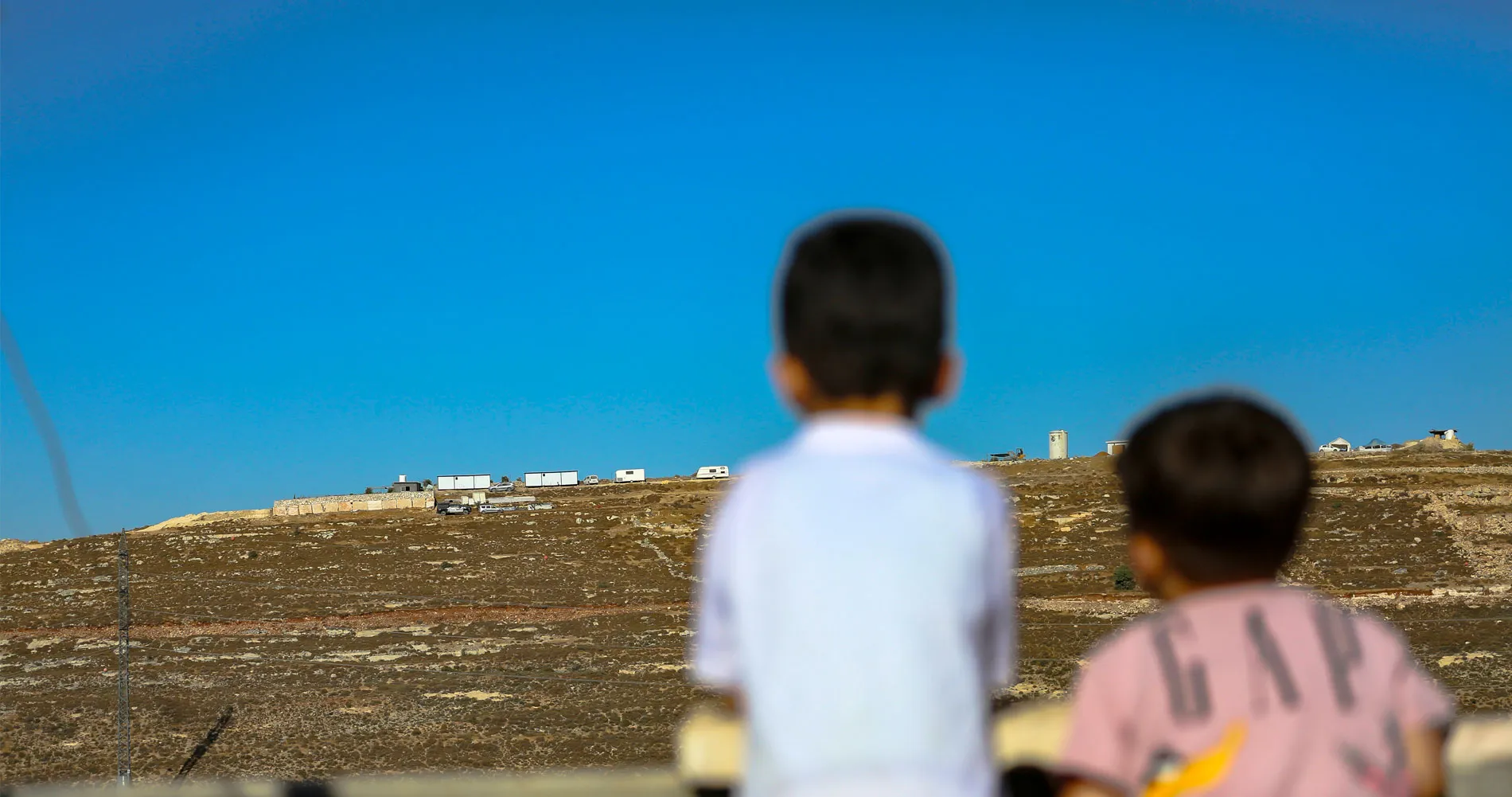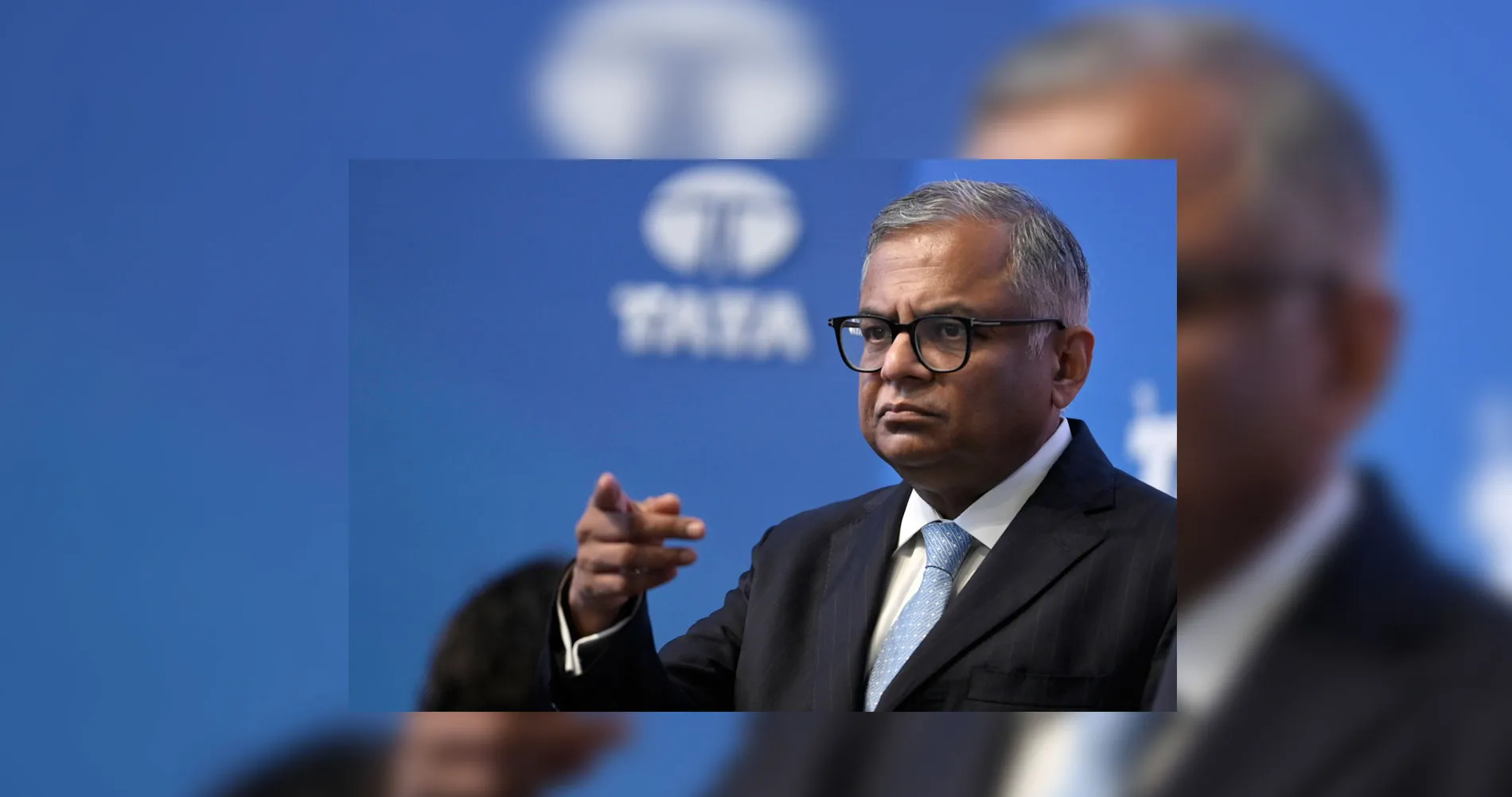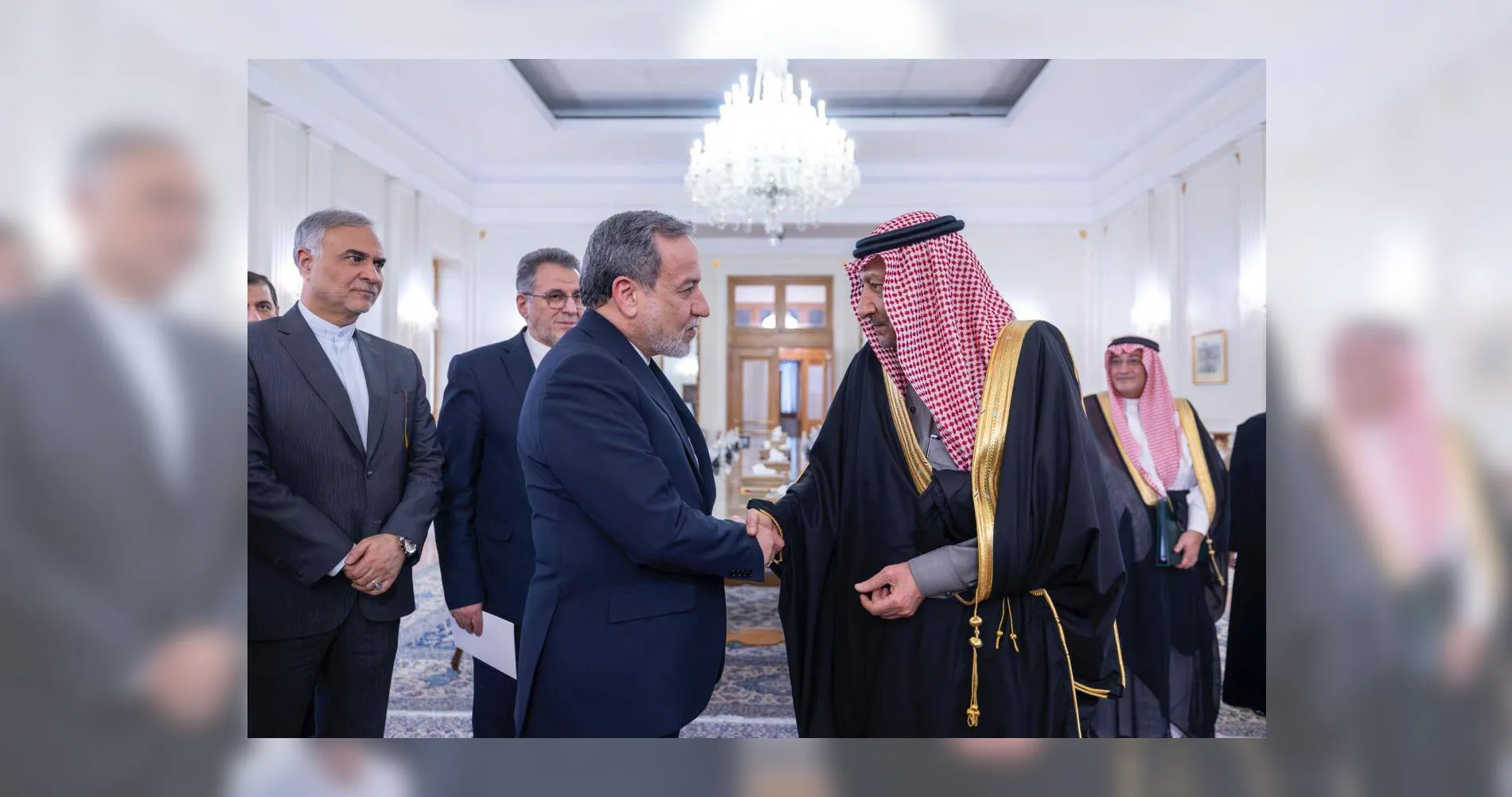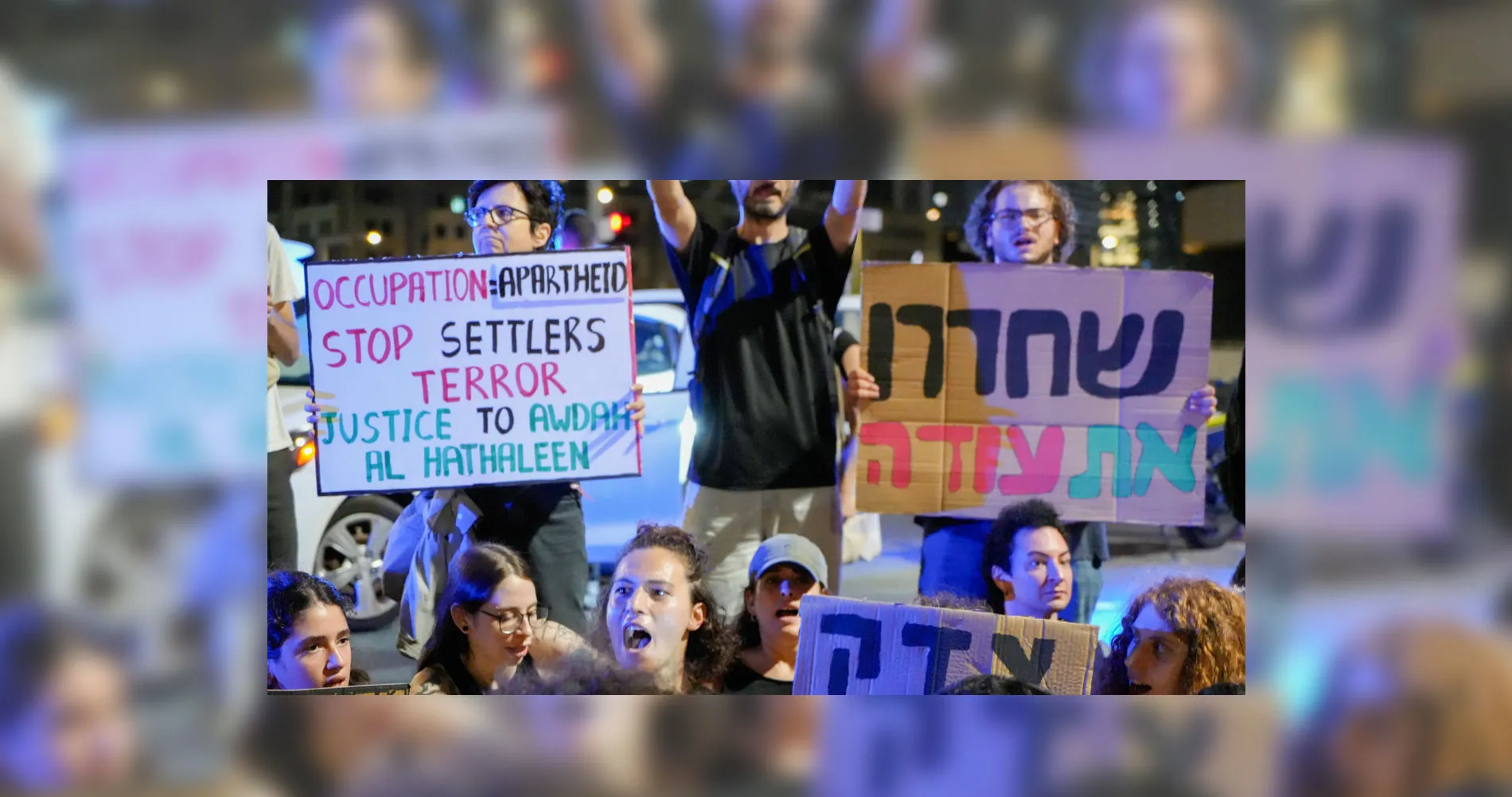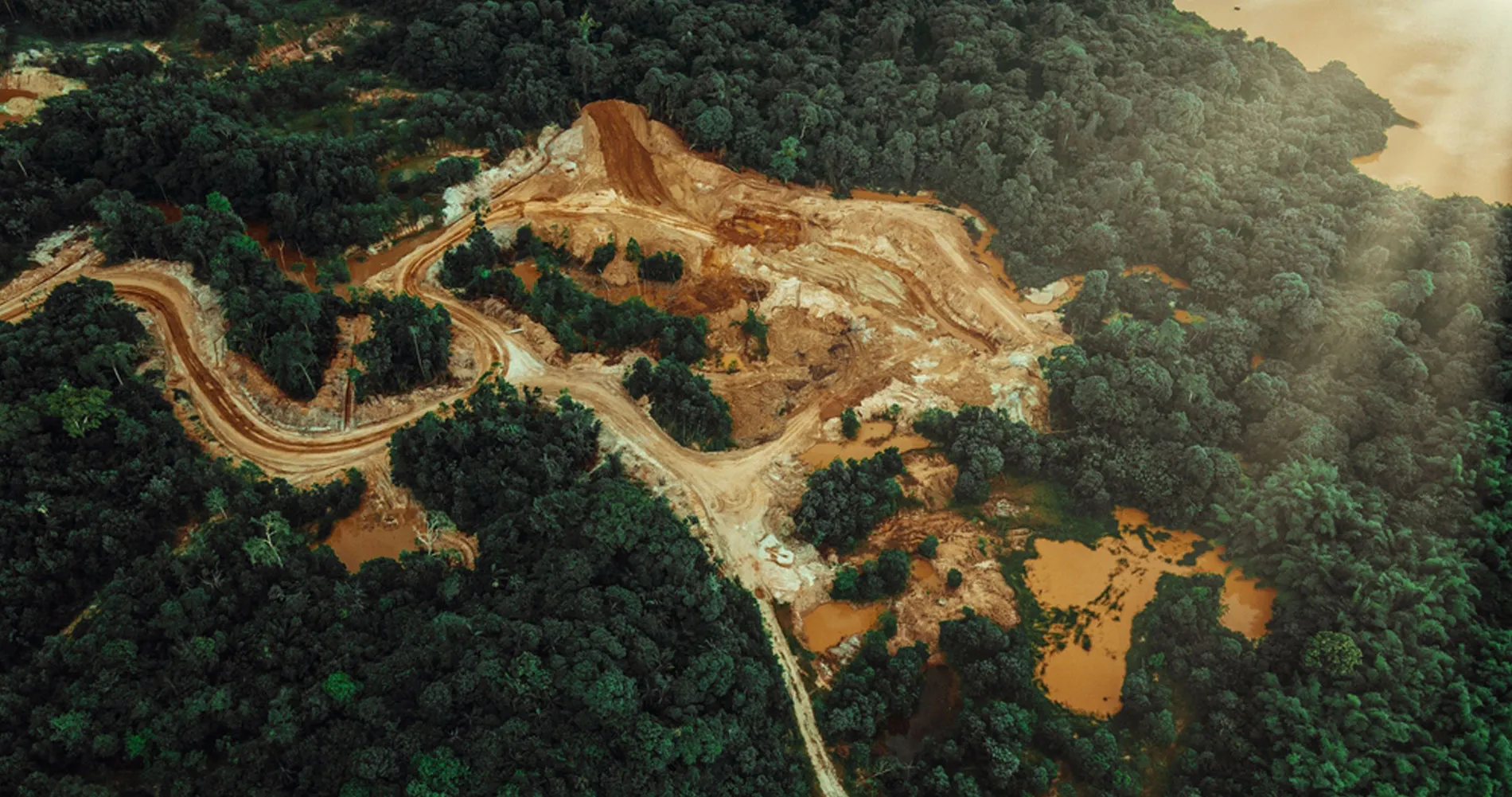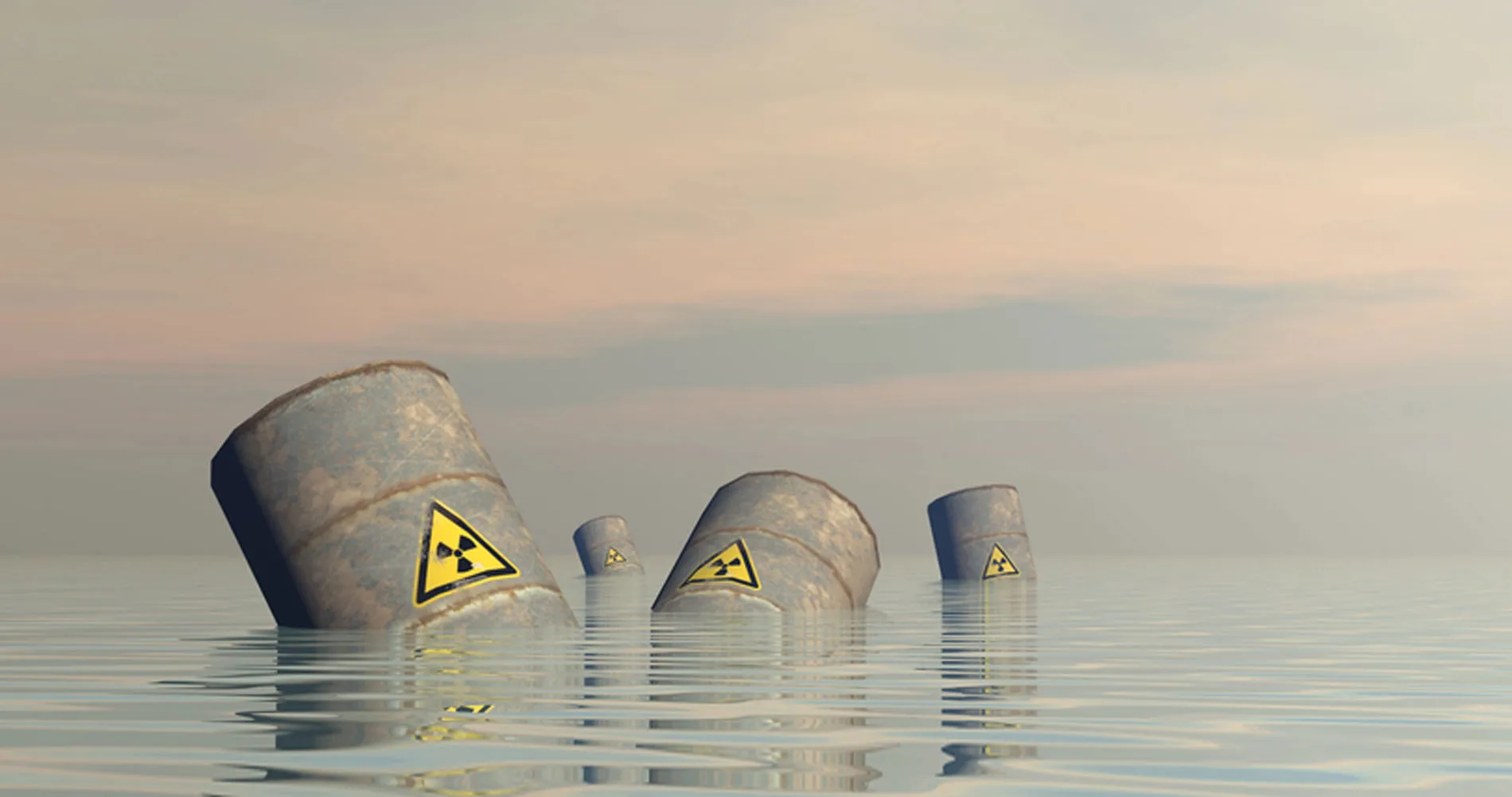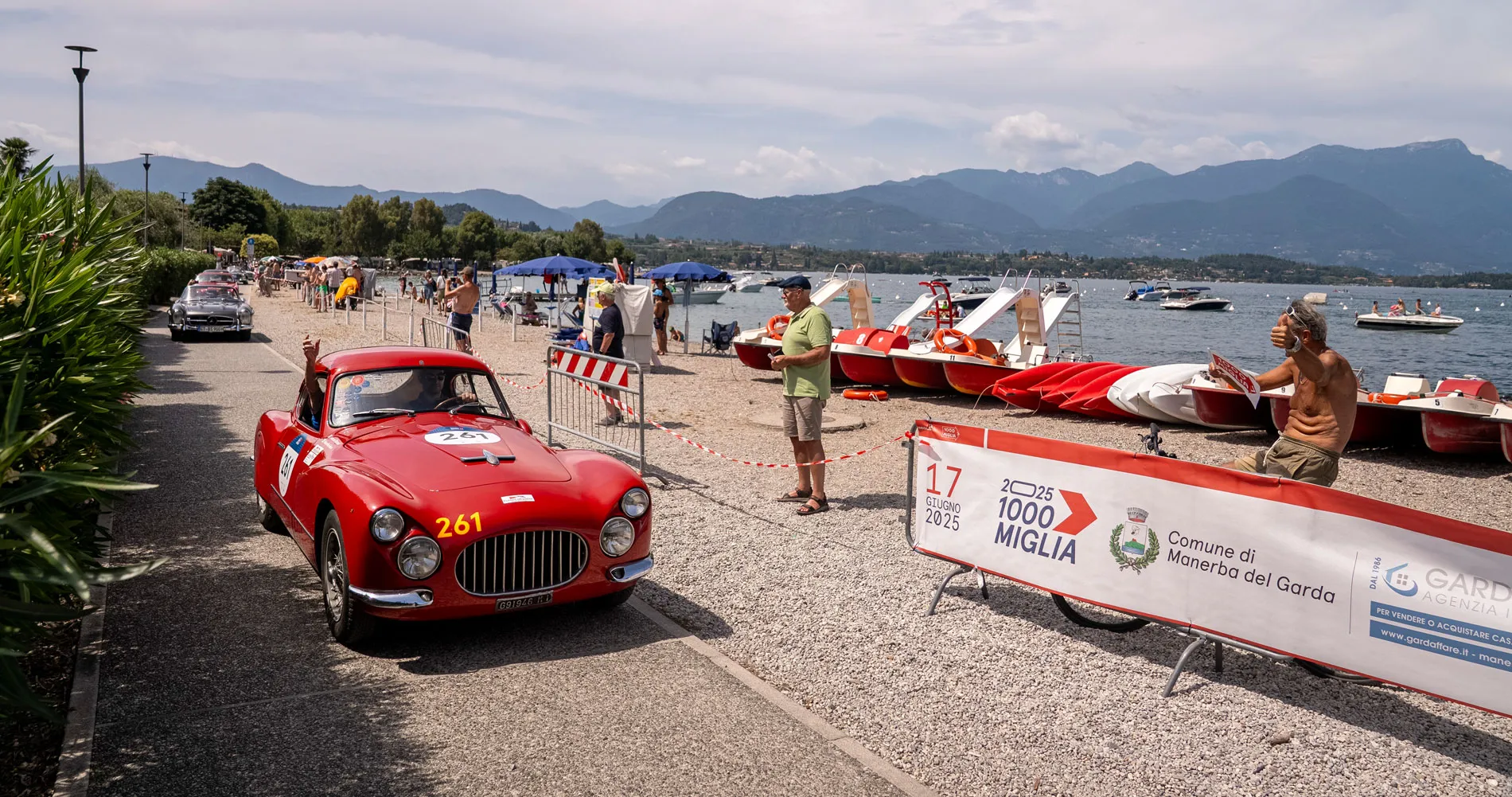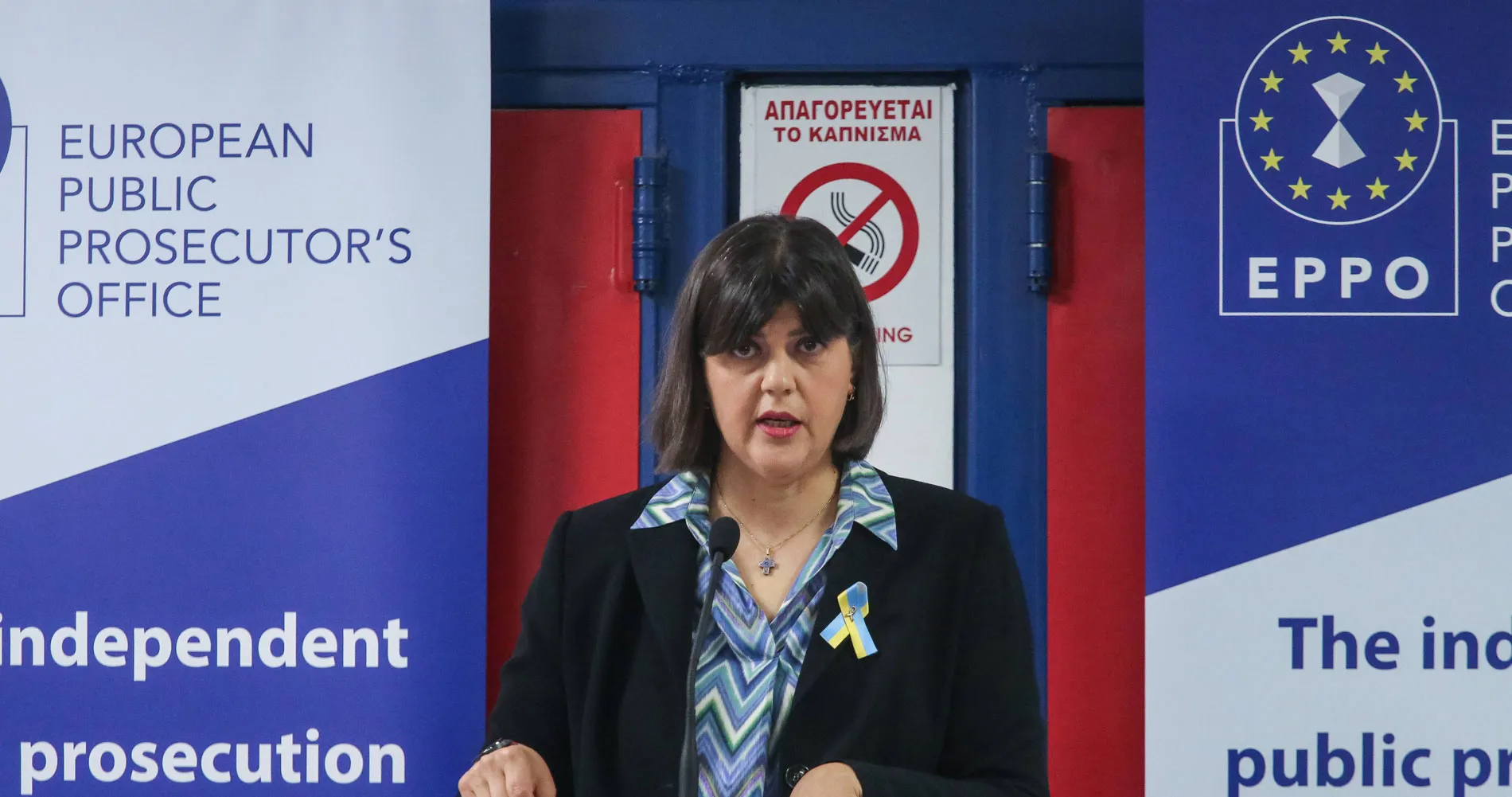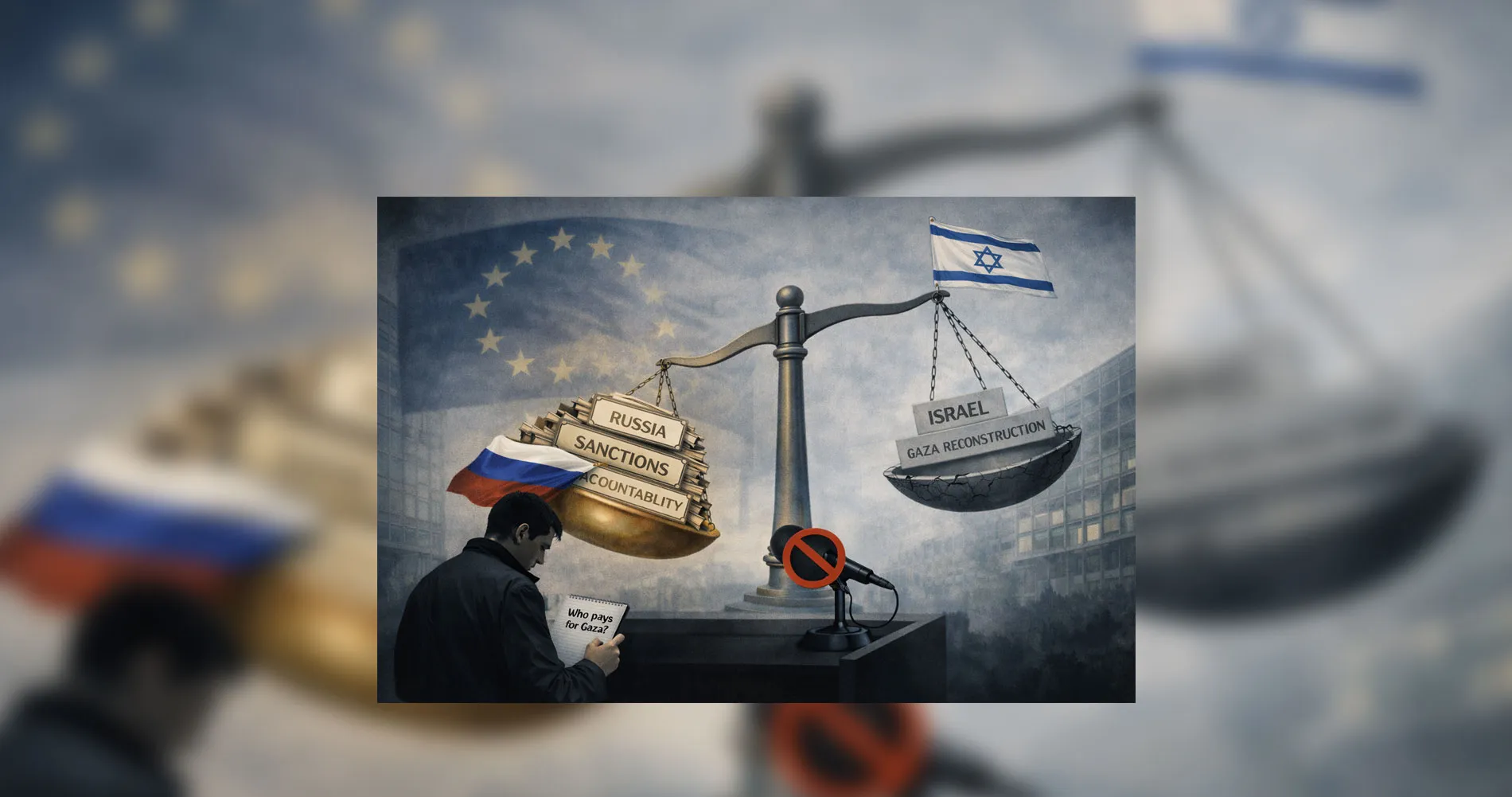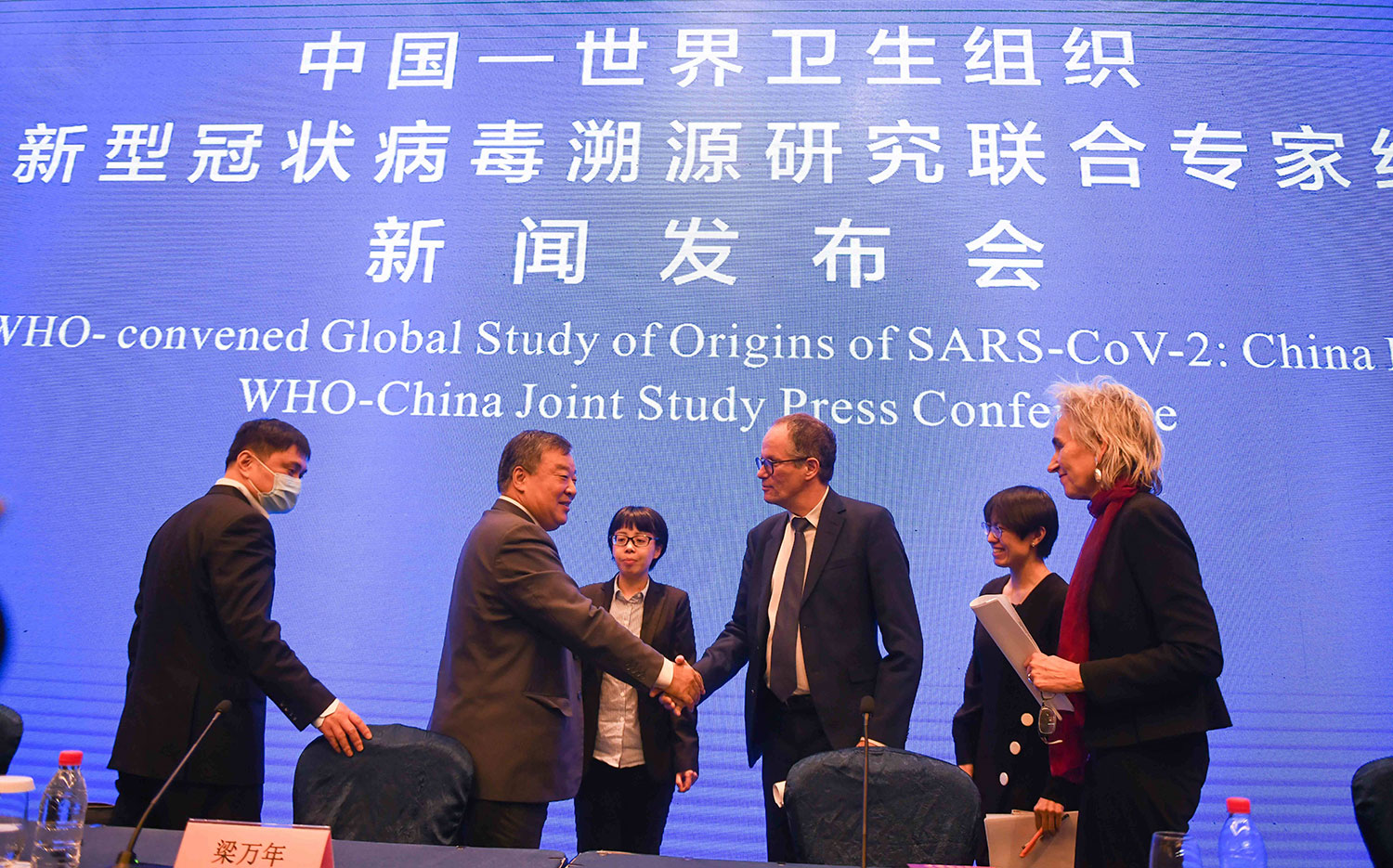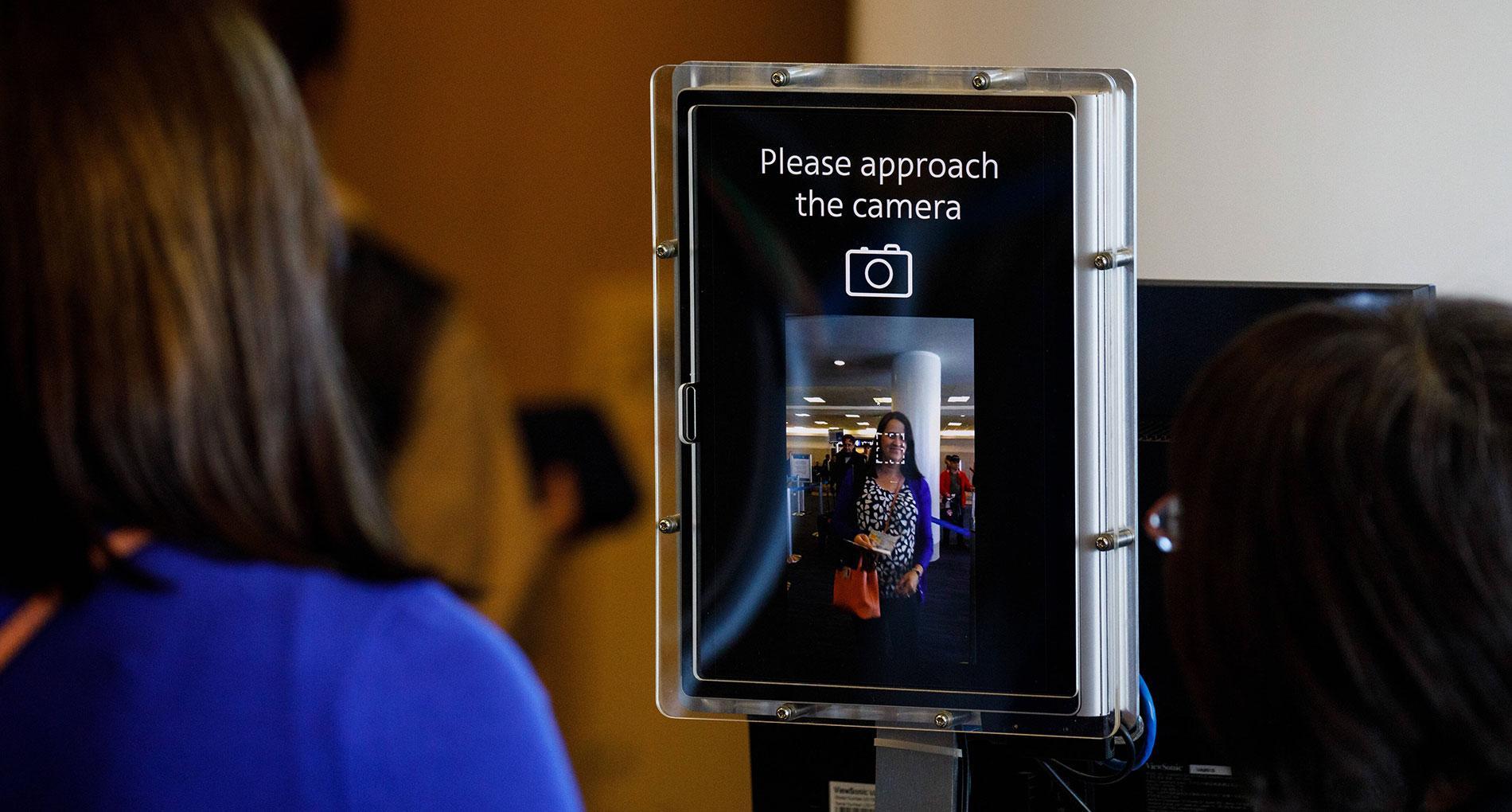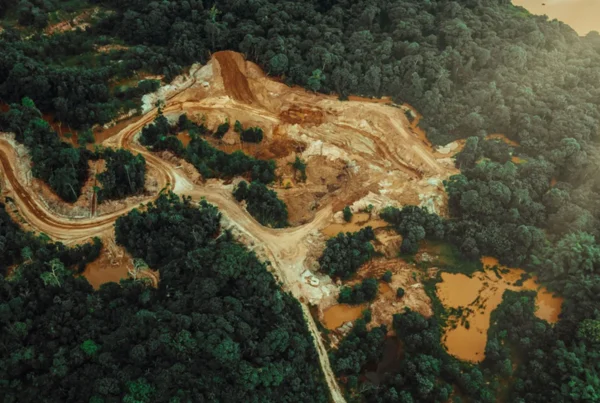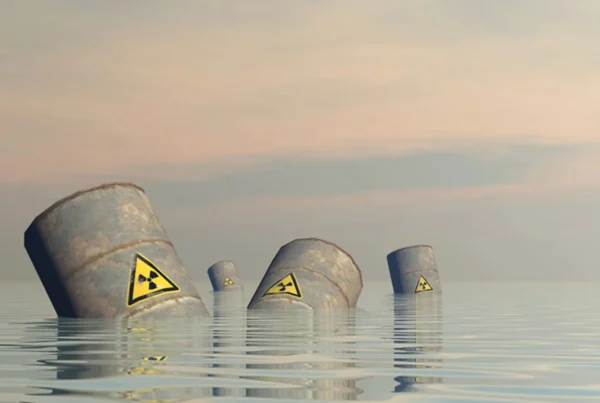A recent undercover investigation by the Dutch journalistic platform Investico together with its media partners BOOS, the Nederlands Dagblad and De Groene Amsterdammer has discovered that Dutch Christian foundations fund Israeli settlements in the illegally occupied West Bank. Will President Trump’s clear stand against the illegal annexation of the West Bank by Israel stop this ongoing practice?
Anna-Sanziana Beschia
3 October 2025
Chinese version
The proliferation of Israeli settlements in the West Bank decreases the chances of an independent Palestinian state. These settlements are established in such a way as to fragment Palestinian territory and stifle its autonomy. An independent investigation by the Dutch non-profit investigative journalism organization Investico has brought to light how these illegal settlements are financed. According to Investico, the US and the Netherlands are the two countries with the most donors for Israeli settlements in the illegally occupied Palestinian territory.
At the heart of this web of NGOs is Nati Rom, an Israeli lawyer and reservist with the Israeli Defense Forces (IDF). The web of Dutch NGOs he and others have created to bypass EU sanctions on violent Israeli settlers consistently break international law. Their goal: a Greater Israel which includes the West Bank or, in their own jargon, Judea and Samaria, the term used by Zionists to refer to the West Bank.
US evangelical Christian groups are the main source of financial support for Israeli settlements in the West Bank. In the US, evangelical Christians are comprised of various Protestant denominations who believe in the literal interpretation of the Bible. These born-again Christians believe in a biblical prophecy which states that the land of Israel must first be returned to the Jews to fulfill the conditions for the Second Coming of Christ the Messiah. The prophecy continues to say only those who accept the Messiah as their savior ascend into heaven. All in all, born-again Christians are a little fuzzy on the details as to what would happen to the Jews of Israel at that point, but theological controversies have not weakened an otherwise strong ideologically and politically motivated relation.
In Europe, on the other hand, the term “evangelical” refers mostly to mainstream Protestantism and is more evasive regarding the concept of being born again and biblical doomsday prophecies. The website of Christians for Israel (C4I), one of the Dutch foundations at the center of Investico’s investigation, states that its members stand in solidarity with the land of Israel which includes the territories of Judea and Samaria, the biblical names of today’s West Bank.
Nati Rom has among his clients some of the most violent settlers in the illegally occupied territories. He started a couple of foundations, among which is the foundation Israel Heartland in the Netherlands. Its goal is to raise funds among Christian groups passionate about biblical Israeli territories. Israel Heartland also enjoys tax benefits in the Netherlands and the donations it collects are tax deductible. Rom’s Israel Heartland collects European funds from groups such as C4I for its missions in Israel carried out by another of Rom’s local NGOs.
One of Rom’s main partners in the Netherlands is C4I, which is also the largest Christian-Zionist foundation in the country. Dutch reformed Christian organizations such as C4I have contributed for decades to re-homing Jews who wish to immigrate to Israel through fundraisers, building homes, generous relocation packages, various volunteering projects and even monthly stipends. According to Investico, these organizations, which run entirely on donations, raise millions each year: C4I had a budget of nearly 13 million EUR in 2023.
The problem is that these “charitable projects” go well beyond Israel’s internationally recognized borders and support settlements which are in violation of international law.
Investico’s undercover operation found that these donations go to Israeli settlers who are on European sanctions lists for using extreme violence against Palestinian civilians. Aside from financing the construction of houses in the illegally occupied West Bank and contributing to legal fees and protection equipment such as cameras and pepper gas, the donations are also used to subsidize weapons for Israeli settlers. According to Investico’s report, Rom’s NGO would cover half or even three quarters of the price of pistols and the donations would be written off as something else.
The EU has banned its citizens and companies from supporting Israeli illegal settlements in the West Bank, therefore channeling these funds to Israel has sometimes proven problematic. However, Rom has found a way around it by starting to use food cards which, as it turns out, can buy much more than just food. Simply put, it is a blatant evasion of European sanctions. Also, the donations are sometimes entirely kept off the books, as some particularly zealous Israel Heartland Dutch supporters, who travel to Israel regularly, offer to bring stashes of cash with them.
In the aftermath of Investico’s findings, Nati Rom and the Dutch Israel Heartland chairman recanted their declarations of support for illegal settlements. C4I has halted its donations to Israel Heartland while awaiting the official outcome of the Dutch investigation and stated that it never intended to fund the acquisition of weapons and that it does not promote violence in any way, shape or form.
As a reminder, in compliance with the UN resolution, the West Bank is a Palestinian territory west of the Jordan River and occupied by Israel following the Six-Day War of 1967. The modern-day West Bank is part of the 1947 UN partition plan (UN Resolution 181) for the creation of an Arab Palestinian State, a plan that never came into being. Israel’s victory in1967 against an Egypt-Syria-Jordan alliance led to the state’s expansion and to the annexation of the Sinai Peninsula (later returned to Egypt in 1979), the Gaza Strip, East Jerusalem, the Golan Heights and the West Bank. The West Bank is now home to roughly 3.3 million Palestinians and a little more than 700 000 Jewish settlers. During the 1980s, Jewish settlements expanded exponentially in the West Bank with many Palestinians seeing their land, businesses and buildings expropriated.
Israeli encroachment has only intensified in recent years under the government of Benjamin Netanyahu and especially in the aftermath of Hamas’ attack on 7 October 2024. It is worth noting that Hamas does not control the West Bank.
The UN and much of the international community condemn these settlements and consider them to constitute an illegal occupation under international law. Francesca Albanese, UN Special Rapporteur on Human Rights in the Palestinian territories occupied since 1967, has recently warned about a drastic increase in violence and settler militias in the West Bank and has decried a colonial-like regime.
Before Netanyahu’s recent UNGA address, President Donald Trump told White House reporters that: “I will not allow Israel to annex the West Bank… It’s not going to happen.” Yet on 11 September Netanyahu visited the settlement of Ma’ale Adumim to announce the construction of the new E1 settlement, and publicly declared that “there will be no Palestinian State” adding that “this place belongs to us”. The new E1 settlement will effectively sever the Westbank into two parts, north and south.
Once a settlement is up and running, it is quietly acknowledged by the state of Israel. As Investico points out, when these hilltop clusters appear (literally a cluster of people living at the top of a hill and not yet a settlement) they are particularly dependent on foreign aid such as the kind provided by Israel Heartland and C4I. If aid is provided, these hilltop clusters are developed into actual settlements.
Some of these Evangelical foundations are overtly militant, others may be more idealistic in nature. Yet they all contribute, whether knowingly or unknowingly, to the expansion of the settlement enterprise into Palestinian territory and its destabilizing impact on the region.


